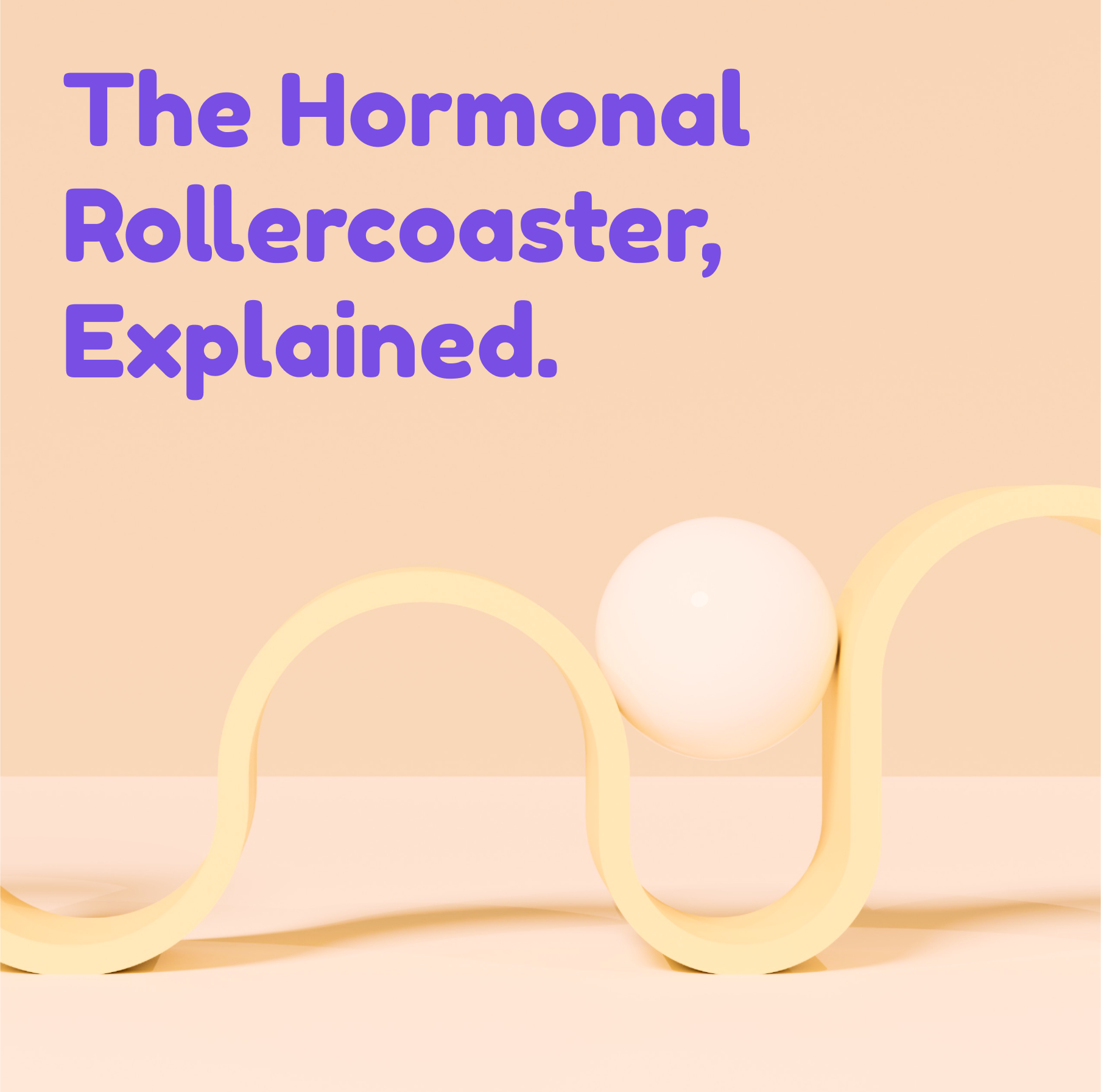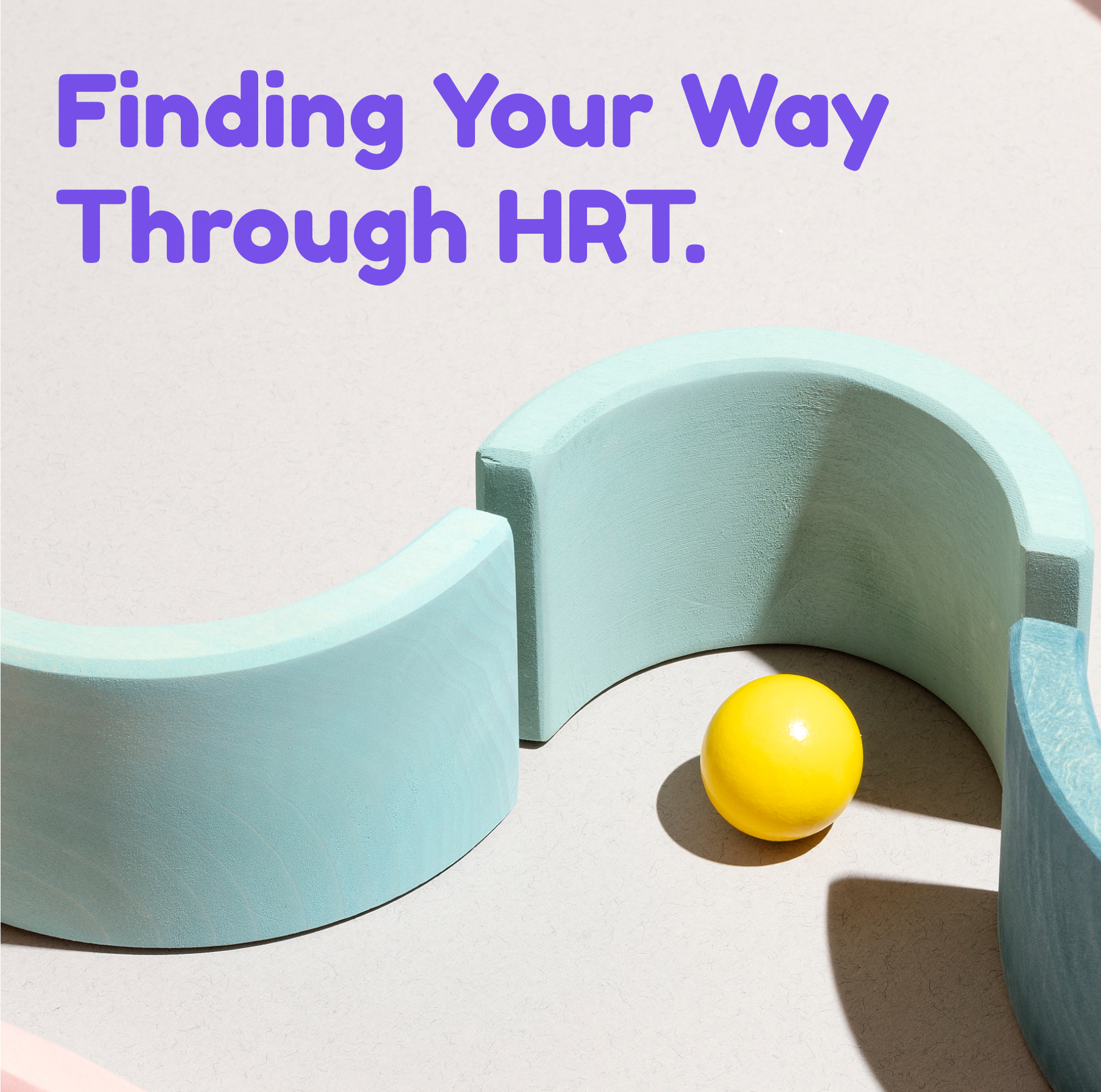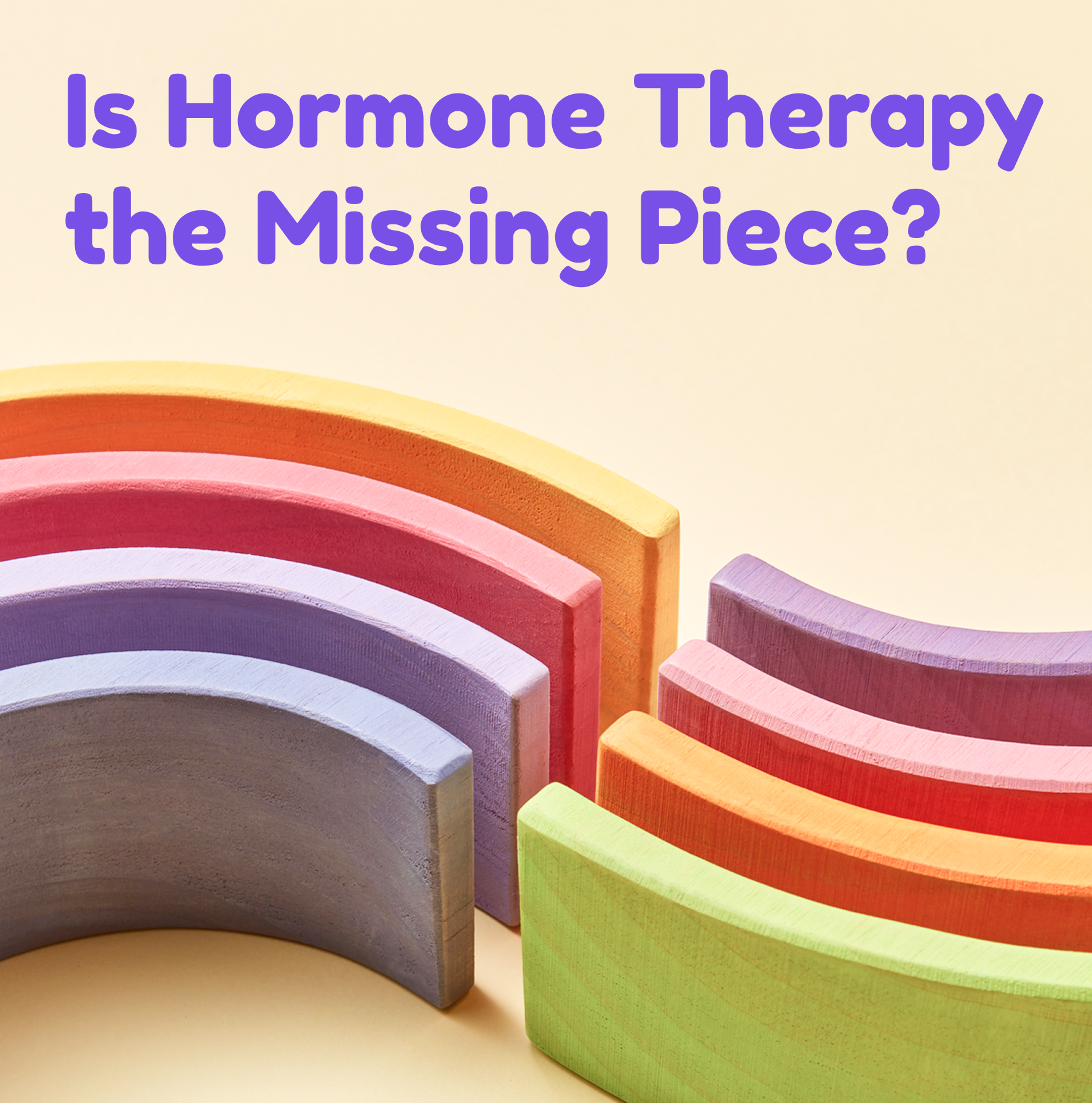
How to Protect Heart Health at Menopause
Menopause is a natural transition in every woman’s life—a time of change, growth, and sometimes a few unexpected challenges. While the shift in hormones may lead to symptoms like hot flashes or mood swings, it also calls attention to an important aspect of wellbeing: heart health. In this article, we’ll explore how to protect heart health at menopause, weaving together science, practical tips, and a warm, relatable perspective that resonates with every woman navigating this phase.
Understanding the Connection Between Menopause and Heart Health
As women enter menopause, the production of estrogen gradually declines. This hormone isn’t just about regulating menstrual cycles—it plays a key role in maintaining a healthy cardiovascular system. Estrogen helps control cholesterol levels, supports blood vessel function, and even contributes to a lower risk of heart disease. With its decrease, many women notice changes like weight gain around the waist, increased high cholesterol, and even a slight rise in high blood pressure. All these factors can contribute to the development of cardiovascular disease and may increase the risk of heart attack.
It’s important to understand that while menopause does bring changes, it doesn’t have to mean accepting a higher risk of heart disease. With the right approach, including a healthy diet, regular physical activity, and smart lifestyle choices, you can significantly reduce risk factors for heart disease and stay heart healthy for years to come.
Got questions? Ask Noor.
Recognizing the Signs and Risk Factors
Every woman’s journey through menopause is unique, and the signs can vary widely. Here are some common factors that may increase your risk of heart disease during and after menopause:
- Weight Gain: Hormonal shifts can lead to increased weight gain, especially around the midsection.
- High Cholesterol: As estrogen levels drop, cholesterol levels can rise, contributing to plaque build-up in your arteries.
- High Blood Pressure: Changes in blood vessels may make it harder for your body to regulate blood pressure.
- Family History: If heart disease runs in your family, your risk may be higher.
- Lifestyle Factors: Poor diet choices, physical inactivity, and stress can further increase the risk of heart disease.
Understanding these factors can empower you to take proactive steps in safeguarding your heart.
A Relatable Scenario: When Hot Flashes Meet Heart Health
Imagine this: You’re sitting in your favorite armchair, wrapped in a cozy blanket, when suddenly a hot flash reminds you that menopause is here. Along with the familiar rush of warmth, you might also wonder if these changes could be affecting your heart health. It’s a moment of pause—a signal to care not just for your mood or comfort, but for your long-term wellbeing. This is the perfect opportunity to reassess your lifestyle choices and incorporate simple, effective strategies to prevent heart disease.
Practical Tips for Protecting Your Heart at Menopause
Taking charge of your heart health during menopause is easier than you might think. Here are some actionable tips to help you develop a heart healthy lifestyle:
Embrace a Healthy Diet
Your plate plays a vital role in maintaining cardiovascular health. Consider these dietary tips:
- Focus onLow Glycemic Fruits and Vegetables: Aim for a variety of colorful fruits and vegetables at every meal. These nutrient-dense foods are rich in antioxidants and fiber, which help lower high cholesterol and prevent heart disease.
- Choose Healthy Fats: Enjoy healthy, natural fats including saturated fats found in butter, eggs, and low carb, full-fat dairy and monounsaturated fatsin olive or avocado oil, avocados, nuts and seeds. The saturated fats are cardiovascular risk neutral and the monounsaturated fats can help manage cholesterol levels and reduce the risk of heart attack.
- Embrace High Quality Proteins: To preserve muscle mass and nutrient reserves, home in on high quality, nutrient dense proteins like meats, seafood, , eggs, and low carb dairy like cottage cheese and unsweetened Greek yogurt or even plant-based alternatives. These choices help maintain a healthy weight and body composition and that will reduce risk factors for heart disease.
- Mind the Portions: Keeping an eye on portion sizes is essential, especially when trying to maintain a healthy weight.
Get Moving with Physical Activity
Regular physical activity is a cornerstone of cardiovascular health. Here are some simple ways to stay active:
- Aim for 150 Minutes a Week: Whether it’s brisk walking, cycling, or swimming, try to accumulate at least 150 minutes of moderate physical activity per week. Incorporate strength training for additional benefits.
- Incorporate Movement into Your Day: Take the stairs instead of the elevator, park a little farther from the store entrance, or enjoy a dance session at home.
- Choose Activities You Enjoy: The key is consistency. Find exercises that feel fun and rewarding—this will help you stick with them in the long run.
Routine Check-Ups and Monitoring
Regular health screenings can catch potential issues early. Consider the following:
- Cholesterol and Blood Pressure: Regular check-ups will help you monitor high cholesterol and high blood pressure—both critical factors in cardiovascular disease.
- Weight Management: Tracking your weight can alert you to sudden changes that may require adjustments in diet or activity.
- Consult with Your Healthcare Provider: Discuss your family history and any personal concerns with your doctor. They can offer tailored advice and may suggest hormone replacement therapy (HRT) if appropriate.
Manage Stress and Emotions
Menopause is not just a physical transition—it’s an emotional one too. Stress and anxiety can indirectly impact your heart health by increasing blood pressure and disrupting sleep. Consider these approaches:
- Mindfulness and Meditation: Practicing mindfulness or meditation can reduce stress and promote a sense of calm.
- Social Support: Share your experiences with friends or join a support group. Knowing you’re not alone can make a big difference.
- Pursue Hobbies: Engage in activities that bring joy—whether it’s gardening, reading, or a creative pursuit—to keep your mind relaxed and focused on positivity.
Consider Hormone Replacement Therapy (HRT) Carefully
For many women, HRT can alleviate menopausal symptoms, improve quality of life, and promote the health of one’s heart, brain, and bones. However, it’s important to have an informed discussion with your healthcare provider and to weigh the risks and benefits of therapy for each individual. For HRT can be very beneficial, particularly if started within 10 years of menopause, while it may not be suitable for everyone. Treatment involves a personal decision that weighs individual benefits and risks.
Balancing Science with a Positive Outlook
Scientific research shows that proactive measures—such as a healthy diet, regular exercise, and timely medical check-ups—can help prevent heart disease and lower the risk of a heart attack. But beyond the science, there’s a powerful truth: taking care of your heart during menopause is an act of self-love. It’s about nurturing your body through all its changes and honoring the journey you’re on.
Consider your heart as the engine of a cherished car. Like any vehicle, it needs regular maintenance—oil changes, fuel, and occasional tune-ups—to run smoothly. By treating your heart with the same care and attention, you ensure it remains strong and resilient for all the adventures ahead.
Making an Informed Decision
Choosing whether to use HRT is highly individual. Consider these factors when discussing your options with your doctor:
- Personal Health History: If you have conditions like urinary incontinence or a family history of breast cancer, these might influence the type or dosage of HRT recommended.
- Symptom Severity: Evaluate how disruptive your symptoms are. For some, the relief provided by HRT makes it an attractive option despite the potential risks.
- Treatment Duration: Short-term HRT is often recommended for symptom relief, as prolonged use may increase certain risks. Regular follow-ups are key.
- Alternative Therapies: If HRT isn’t the right fit, non-hormonal treatments or lifestyle modifications may also offer relief.
Reputable organizations, such as the North American Menopause Society, provide guidelines to help ensure that the benefits of HRT are maximized while minimizing risk factors.
In Summary: Empowerment Through Action
Menopause brings change, but it also offers a chance to reset and prioritize your wellbeing. By embracing a healthy diet, staying active, managing stress, and working closely with your healthcare provider, you’re not just addressing the symptoms of menopause—you’re actively protecting your heart.
Here’s a quick recap of the actionable steps:
- Healthy Diet: Focus on fruits, vegetables, whole grains, high quality proteins, and natural fats. Avoid refined and processed carbohydrates like sugars and white flours and eep portions in check.
- Physical Activity: Aim for 150 minutes of moderate exercise per week and find fun ways to stay active.
- Regular Monitoring: Keep tabs on your cholesterol, blood pressure, and weight through routine check-ups.
- Stress Management: Use mindfulness, social support, and hobbies to manage stress effectively.
- Informed Decisions on HRT: Discuss hormone replacement therapy with your doctor if it aligns with your overall health strategy.
Looking Ahead with Confidence
Menopause is a journey—a blend of challenges and opportunities. While it’s natural to have concerns about how hormonal changes might affect your heart, remember that each step you take toward a healthier lifestyle is a step toward a vibrant future. By incorporating these practical tips into your daily routine, you’re not only addressing the risk factors for heart disease, but also embracing a period of life that is filled with potential and renewal.
As you navigate this transition, let your heart health be a reminder of your strength and resilience. With compassion for yourself and a proactive approach, you can turn menopause into a time of empowerment—protecting your heart while enjoying all the new chapters of life ahead.
Embrace this natural phase with the knowledge that every small, positive change adds up to a healthier, happier you. After all, the best way to care for your heart is to live each day with intention, joy, and the confidence that you are taking charge of your health at every stage of life.
Remember, every woman’s experience is unique. Stay informed, listen to your body, and don’t hesitate to reach out to healthcare professionals when needed. Your journey through menopause is not just about surviving—it’s about thriving and protecting the heart that keeps you moving forward.



